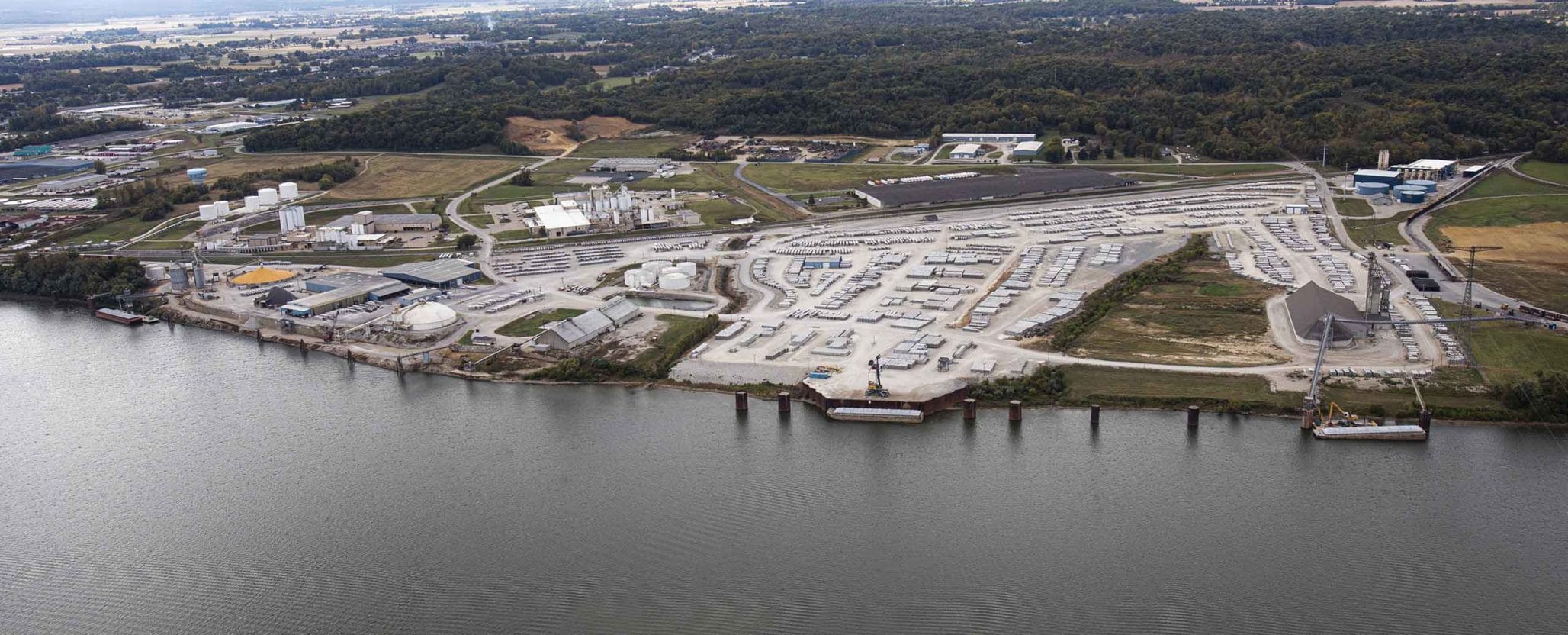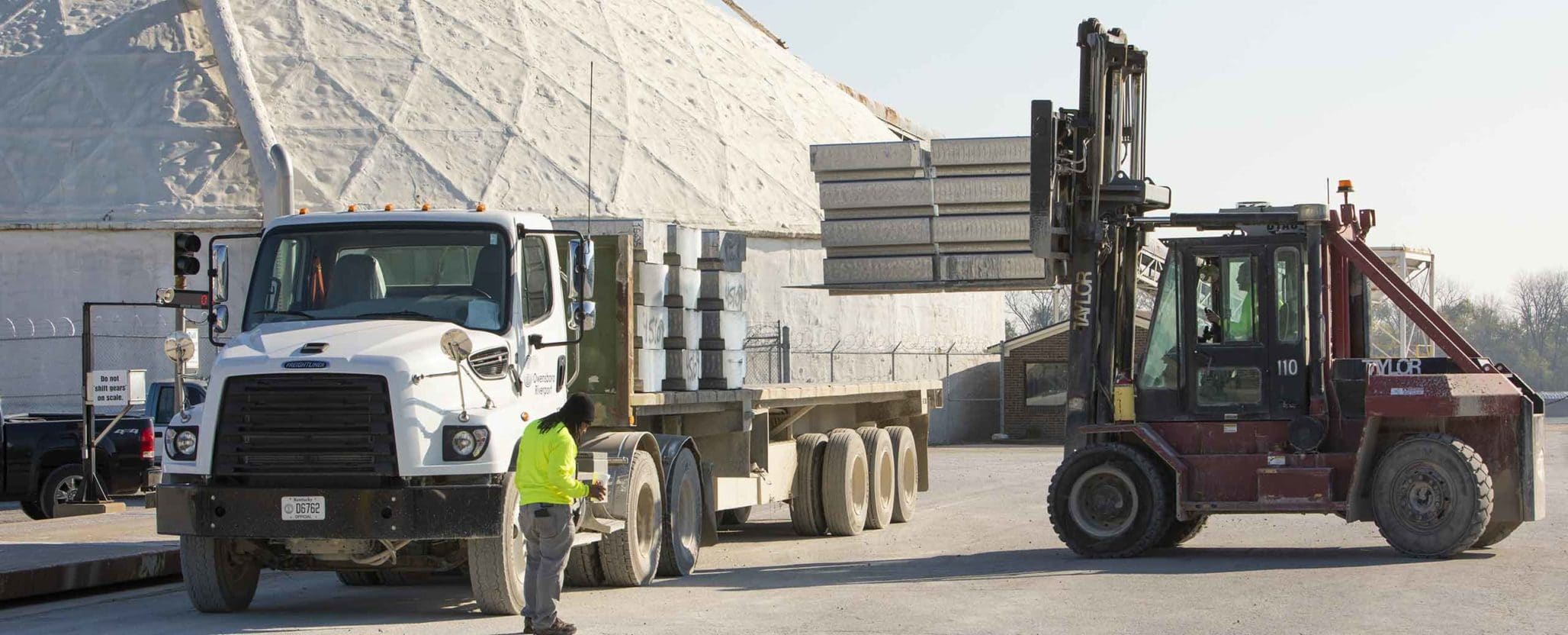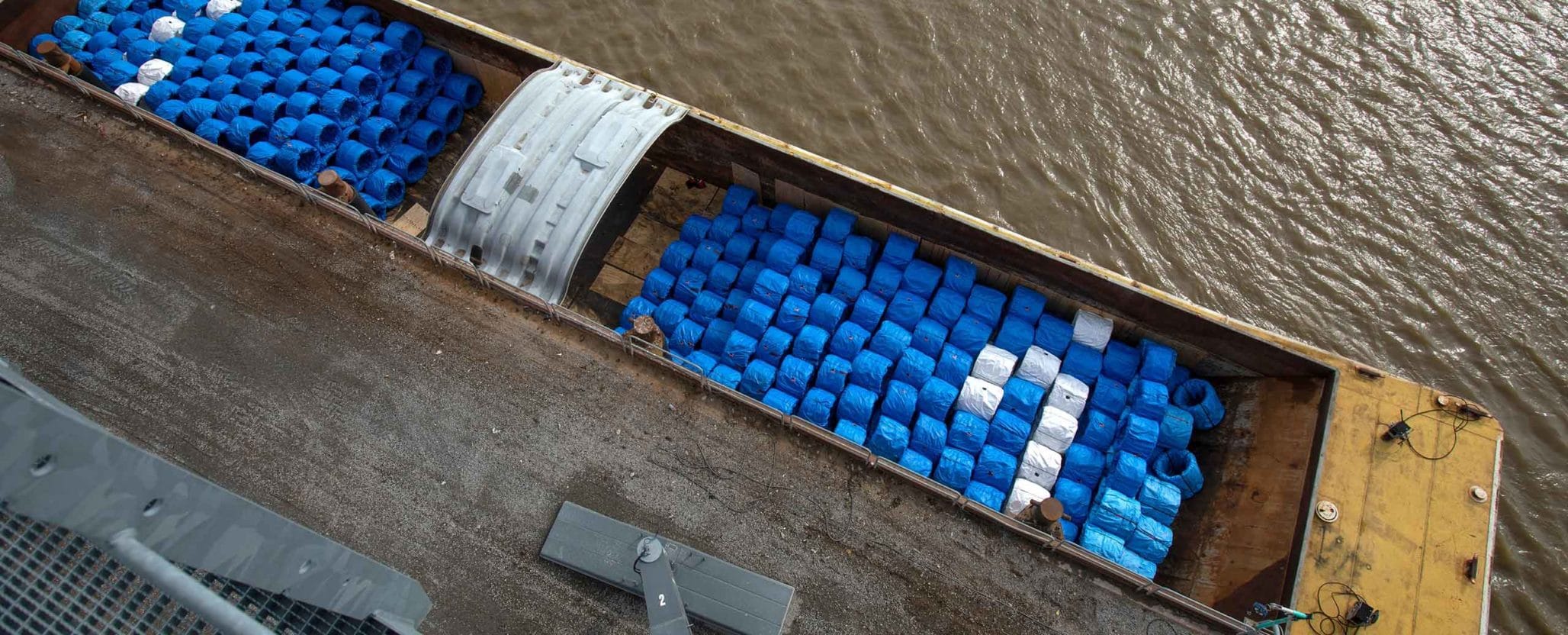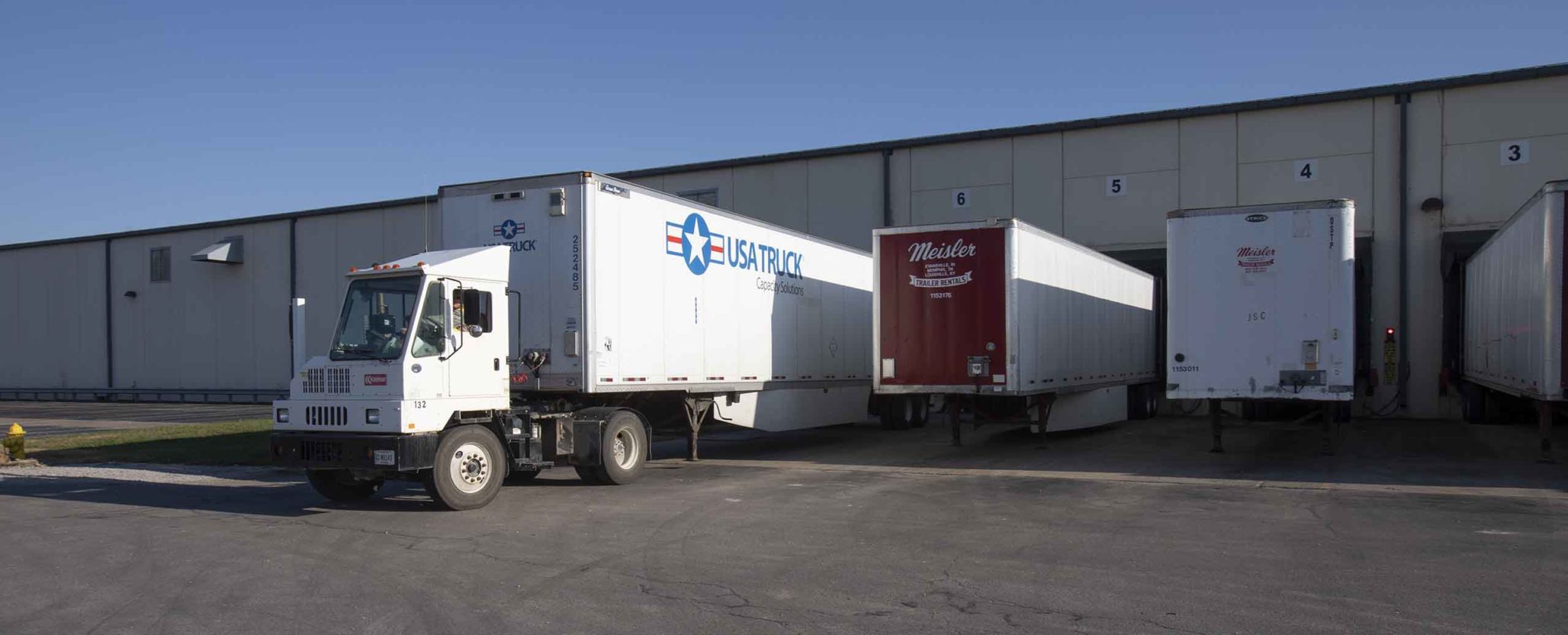Owensboro Riverport earned Foreign-Trade Zone status in 2003.
Foreign-Trade Zones (FTZ) are secure areas under U.S. Customs and Border Protection (CBP) supervision that are generally considered outside CBP territory upon activation. They are the United States’ version of what are known internationally as free-trade zones.
Foreign and domestic merchandise may be moved into zones for operations, not otherwise prohibited by law, including storage, exhibition, assembly, manufacturing, and processing. All zone activity is subject to public interest review. Foreign-trade zone sites are subject to the laws and regulations of the United States as well as those of the states and communities in which they are located.
Under zone procedures, the usual formal CBP entry procedures and payments of duties are not required on the foreign merchandise unless and until it enters CBP territory for domestic consumption, at which point the importer generally has the choice of paying duties at the rate of either the original foreign materials or the finished product. Domestic goods moved into the zone for export may be considered exported upon admission to the zone for purposes of excise tax rebates and drawback.
The Advantages of Using a Foreign-Trade Zone
CBP duty and federal excise tax, if applicable, are paid when the merchandise is transferred from the zone for consumption.
While in the zone, merchandise is not subject to U.S. duty or excise tax. Certain tangible personal property is generally exempt from state and local ad valorem taxes.
Goods may be exported from the zone free of duty and excise tax.
CBP security requirements provide protection against theft.
Merchandise may remain in a zone indefinitely, whether or not subject to duty.
The rate of duty and tax on the merchandise admitted to a zone may change as a result of operations conducted within the zone. Therefore, the zone user who plans to enter the merchandise for consumption to CBP territory may normally elect to pay either the duty rate applicable on the foreign material placed in the zone or the duty rate applicable on the finished article transferred from the zone whichever is to his advantage.
Merchandise imported under bond may be admitted to a FTZ for the purpose of satisfying a legal requirement of exporting the merchandise. For instance, merchandise may be admitted into a zone to satisfy any exportation requirement of the Tariff Act of 1930, or an exportation requirement of any other Federal law (and many state laws) insofar as the agency charged with its enforcement deems it so.




